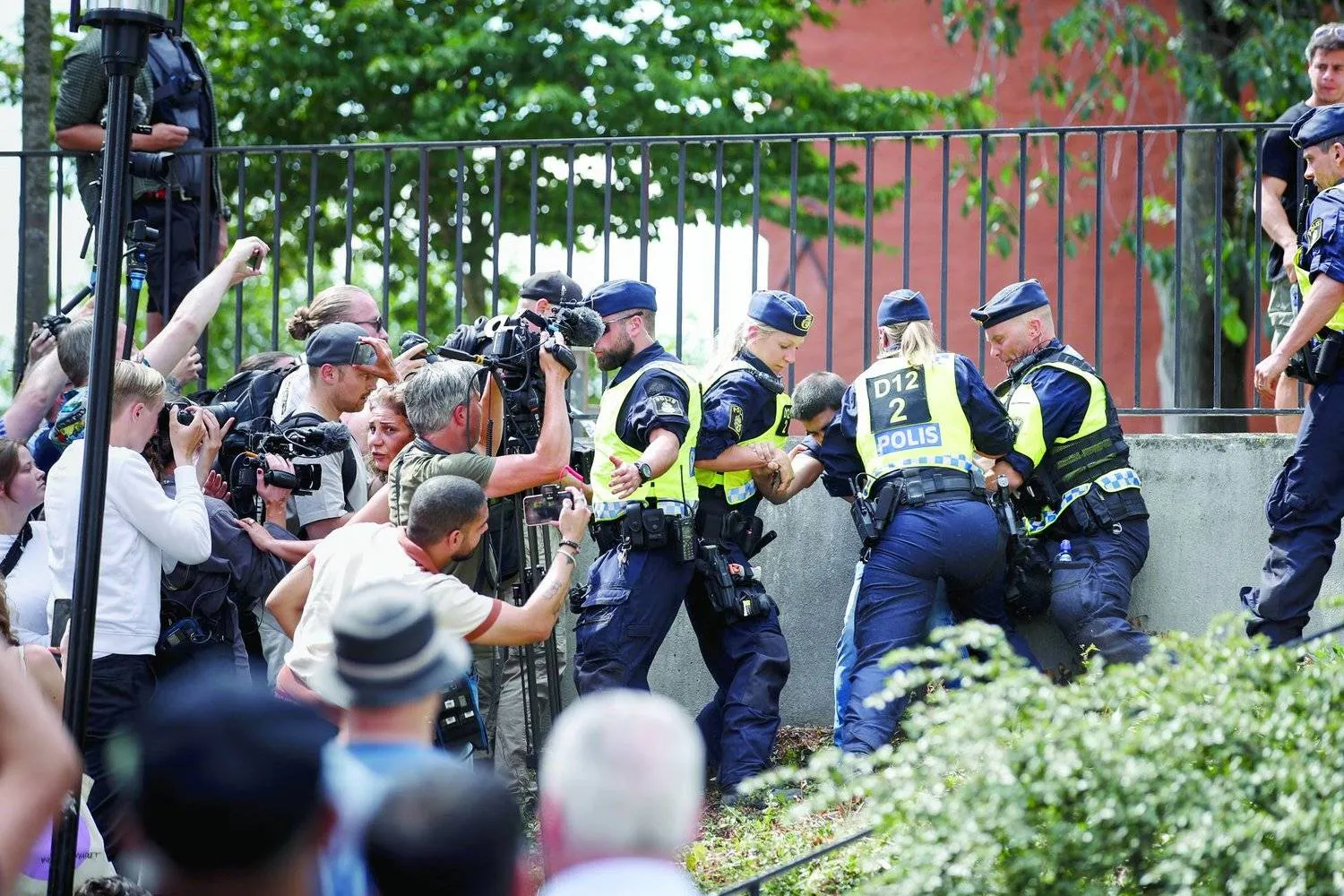A former Syrian army general will appear before a Stockholm court over his alleged role in war crimes committed in Syria in 2012, according to the indictment seen Wednesday by AFP.
Mohammed Hamo, 65, who lives in Sweden, is accused of having participated in the call for indiscriminate strikes in and around the cities of Hama and Homs between January 1 and July 20, 2012.
The strikes were carried out by air and land without distinction -- as required by international law -- between civilian and military targets, the indictment states.
They also failed to respect the principle of proportionality to achieve the military goal sought, prosecutor Karolina Wieslander said. Hamo, given his role at the time, is accused of being complicit in these crimes.
He had particularly made decisions related to arming operational units and was responsible in that period for implementing various military operations, according to AFP.
Seven civil parties, several of them Syrians from the cities in question, will testify during the trial.
Among them is a British photographer who was injured during one of the strikes.









